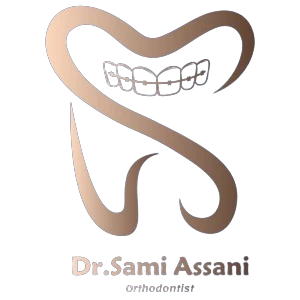Jaw protrusion is a common condition characterized by the abnormal forward positioning of either the upper or lower jaw compared to the normal alignment of the face and jaws. This condition can lead to issues with aesthetic appearance as well as oral functions such as chewing and speech. Jaw protrusion may require medical intervention to improve overall quality of life.
Causes:
- Genetic Factors: Genetics are a major cause of jaw protrusion. If one parent has a protruding jaw, this trait can be passed on to their children, who may inherit similar jaw characteristics.
- Abnormal Jaw Growth: Jaw protrusion can result from imbalanced growth of the upper or lower jaw during childhood or adolescence. This abnormal growth may be due to hormonal or environmental factors.
- Bad Habits: Certain habits, such as thumb sucking or tongue thrusting, can contribute to jaw protrusion, especially if these habits persist over a long period during childhood.
- Dental Issues: Misalignment of the upper and lower teeth, or tooth loss, can alter the positioning of the jaws, leading to protrusion.
Effects:
Jaw protrusion can cause a range of functional and aesthetic problems. These include difficulty in chewing, problems with pronouncing certain sounds, and psychological effects due to changes in facial appearance. Additionally, jaw protrusion can increase the likelihood of temporomandibular joint (TMJ) disorders, leading to pain and difficulty in movement.
Treatment:
- Orthodontic Treatment: Orthodontic treatment using braces or other devices is one of the most common treatments for jaw protrusion. Orthodontics can help realign the teeth and jaws correctly.
- Jaw Surgery: In severe cases that cannot be treated with orthodontics alone, jaw surgery may be necessary to correct the jaw’s position.
- Preventive Treatment: Early detection of jaw problems in children can help in taking preventive measures, such as using orthodontic devices during growth stages to prevent the issue from worsening.
- Psychological Support: Some patients may require psychological support to help them cope with the psychological and aesthetic effects of jaw protrusion.
In summary, jaw protrusion is a condition that may require medical and sometimes surgical attention. Early diagnosis and appropriate treatment can improve oral functions and aesthetic appearance, significantly enhancing overall quality of life.

